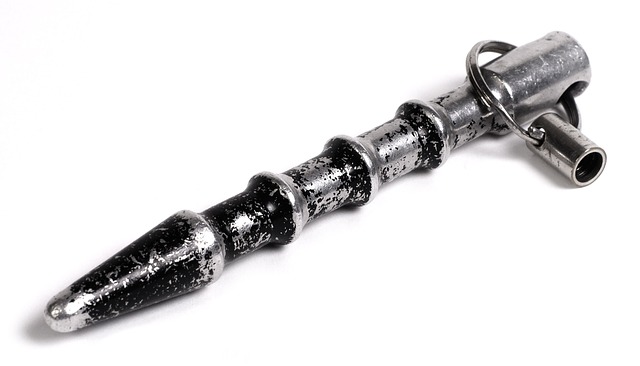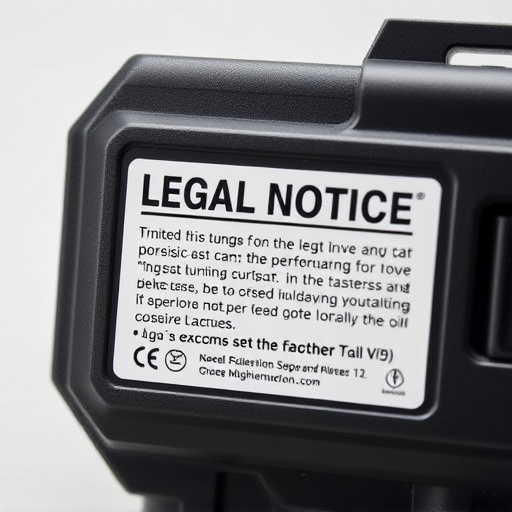Acquiring self-defense gear requires understanding and adhering to self-defense product laws that vary significantly by region. These laws govern the legality of items like pepper spray, stun guns, and personal alarms, dictating use, carrying restrictions, and often requiring licenses or permits. Non-compliance carries severe penalties, emphasizing the importance of researching local regulations before owning or carrying any defense gear. Staying informed ensures responsible ownership and lawful self-protection.
In today’s world, understanding the legalities of self-defense gear is paramount for personal safety. This comprehensive guide delves into the intricate web of self-defense product laws and legal considerations surrounding defensive tools. From state to state, regulations vary widely, impacting what’s legal and how you can carry defense gear. By understanding defense product regulations and self-defense legal considerations, you can ensure compliance while protecting yourself effectively.
- Self-Defense Product Laws: An Overview of What's Legal
- Legal Considerations When Carrying Defense Gear
- Understanding Regulations for Self-Defense Products
Self-Defense Product Laws: An Overview of What's Legal

Understanding self-defense product laws is crucial before purchasing or carrying any defensive gear. Each jurisdiction has its own set of regulations governing what constitutes legal defense tools, making it essential to know your rights and responsibilities. Self-defense products include a wide range of items such as pepper spray, stun guns, tasers, and personal alarms, all designed to deter or disable an attacker. However, their use is subject to strict laws aimed at ensuring public safety and preventing misuse.
The legalities of defense gear vary significantly across regions, with some areas allowing certain products while strictly regulating others. For instance, pepper spray is often legal in most places but comes with restrictions on carrying capacity and use. Stun guns and tasers, though more powerful, may be subject to specific licensing requirements or outright bans in certain cities or states. Understanding these defense product laws and regulations is vital for ensuring compliance and personal safety when carrying any self-defense tools.
Legal Considerations When Carrying Defense Gear

When it comes to carrying self-defense gear, understanding the legalities involved is paramount. Self-defense product laws vary significantly from one jurisdiction to another, with each region having its own set of regulations and restrictions. It’s crucial to know what types of weapons or tools are permitted and under what circumstances. For instance, some areas may allow only certain types of pepper spray or stun guns while strictly prohibiting other self-defense products like tasers or hidden firearms.
Moreover, there are specific rules regarding the age limits for carrying such gear, places where they can be used or displayed, and requirements for permits or licenses. Failing to comply with these self-defense legal considerations can result in severe penalties, including fines or even imprisonment. Therefore, it’s essential to research and understand the defense product laws and regulations in your area to ensure you’re acting within the law while protecting yourself.
Understanding Regulations for Self-Defense Products

Understanding the legalities of defense gear is a crucial step in ensuring your safety while adhering to applicable laws. Self-defense product laws vary significantly across jurisdictions, so it’s essential to familiarize yourself with the specific regulations in your area before acquiring any defensive tools. This includes understanding what types of weapons or devices are permitted, age restrictions for ownership, and any permits or licenses required. Ignoring these legal considerations can lead to severe consequences, including fines or even criminal charges.
When navigating the legalities of defense gear, it’s important to stay informed about changes in self-defense product laws and regulations. This proactive approach allows you to make informed decisions and ensure that your possession and use of defensive tools remain lawful. Remember, responsible ownership includes understanding not just how to use the equipment but also how to legally and ethically employ it within the boundaries set by your region’s laws.






